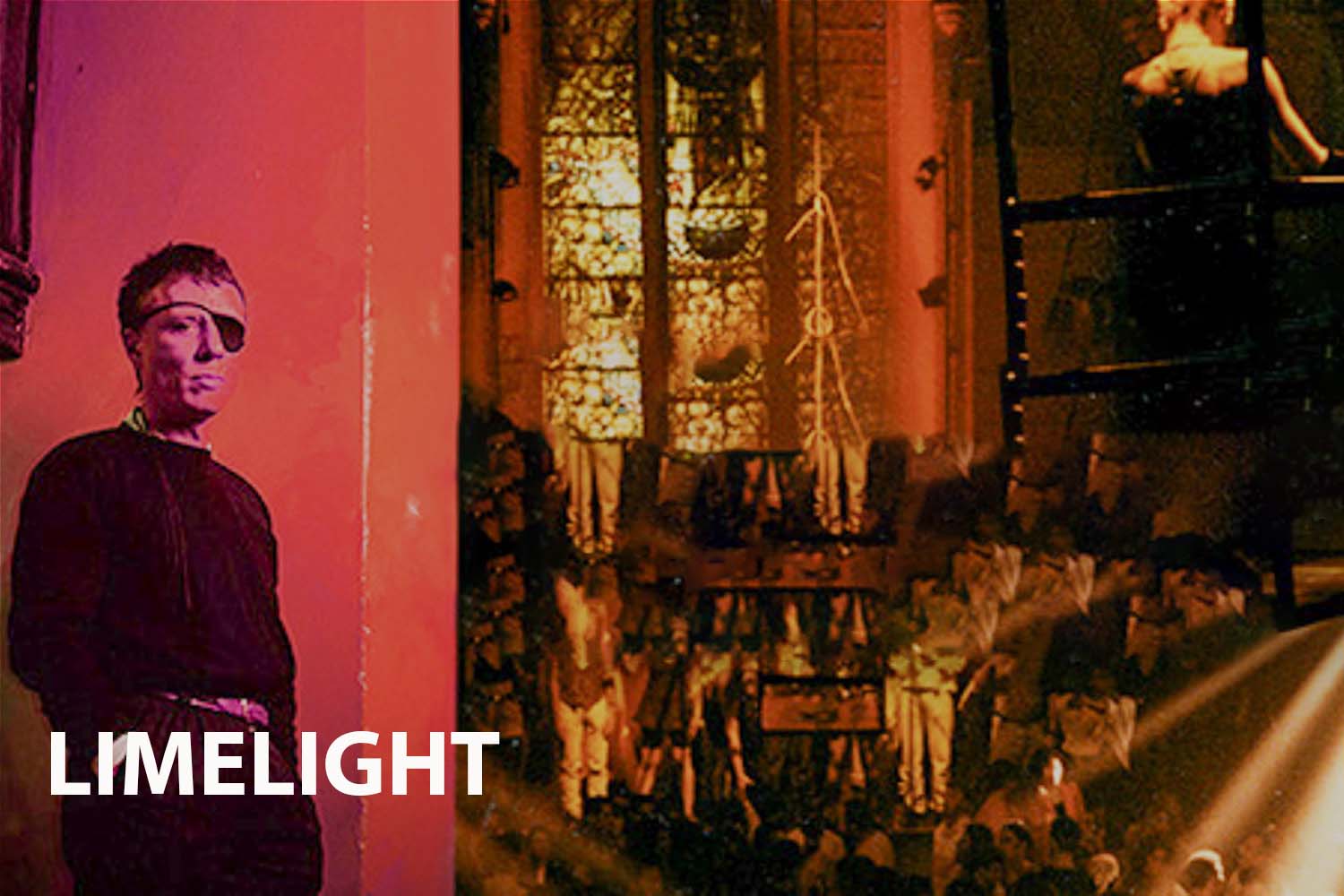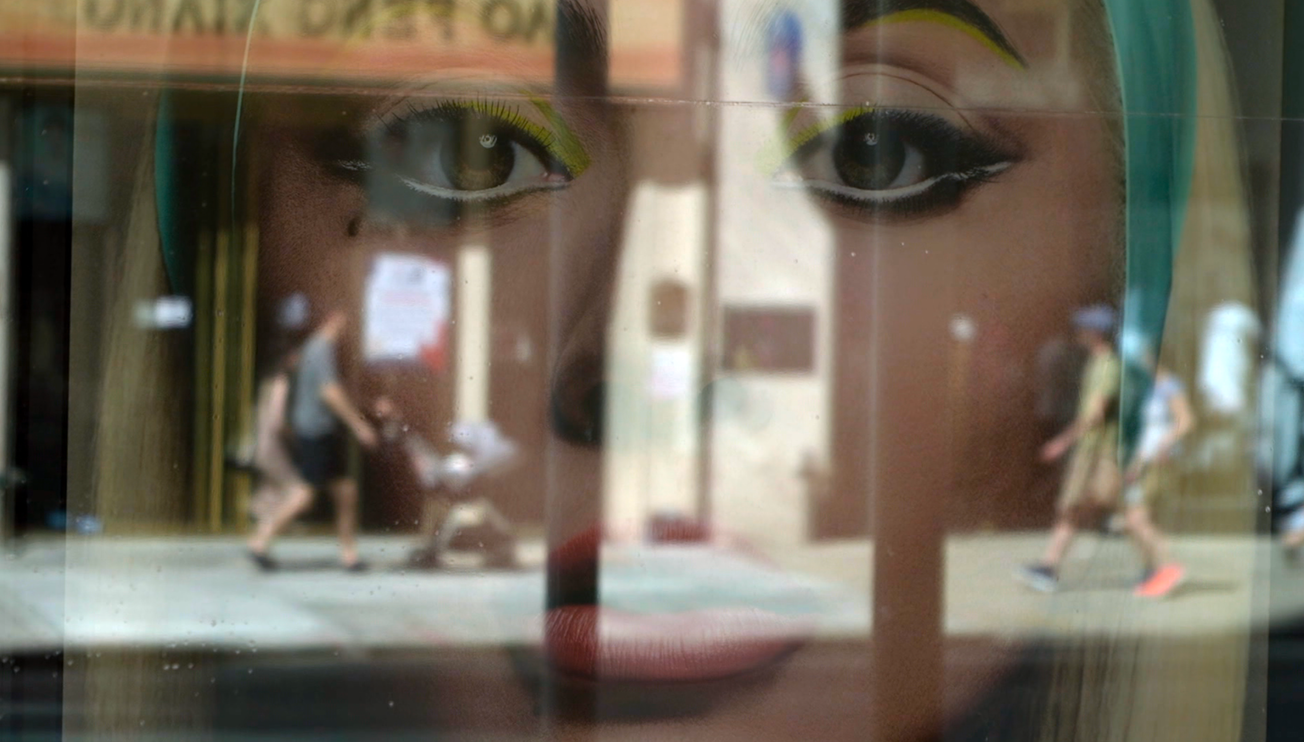Keywords: New York nightlife, 1990s club culture, Peter Gatien, Limelight, Billy Corben, documentary, club owner, legal battles, cultural influence.
Three words: 'Intriguing', 'Eye-opening', 'Nostalgic'.
Introduction
"Limelight" is a 2011 documentary directed by Billy Corben. It provides an extensive view into the life and times of former New York City club owner Peter Gatien. The film delves into the rise and fall of Gatien's empire, offering a unique perspective on the thriving club scene of the 1990s.
Synopsis
The documentary "Limelight" chronicles the story of Peter Gatien, the Canadian entrepreneur who became the king of New York's club scene. His clubs, including the iconic Limelight, were the heart of the city's nightlife. However, Gatien's reign came to an abrupt end when he faced legal battles and eventual deportation.
More Film Analysis
Analysis
Corben's documentary presents an in-depth look at Gatien's empire, from its rise to its downfall. The film utilizes a variety of sources, including interviews, archival footage, and court documents, to paint a comprehensive picture of the club scene and its impact on New York City's culture.
Historical and Factual Context
In the 1990s, New York City's club scene was a cultural phenomenon. Gatien-owned clubs, such as the Limelight, were renowned for their innovative music, vibrant atmosphere, and eclectic crowd. These clubs played a pivotal role in shaping the city's nightlife.
Key themes in the film
- Entrepreneurship and ambition
- Cultural impact of nightlife
- Legal battles and their consequences
- The transient nature of success
Film Comparisons
"Limelight" can be compared to other documentaries that explore cultural phenomena and their societal impact, such as "Paris is Burning" and "Studio 54."
Noteworthy Moments
The documentary's exploration of Gatien's legal battles is particularly gripping, as are the interviews with former club-goers and employees that provide a first-hand account of the club's heydays.
Reviews
This documentary was well received by audiences for its thorough and engaging examination of a pivotal era in New York City's history. Critics praised it for its candid interviews and insightful exploration of the 1990s club scene.
Conclusion
"Limelight" is an important documentary for anyone interested in New York City's cultural history, the 1990s club scene, or the personal story of entrepreneur Peter Gatien.
More film information:
FILM SUMMARY
- IMDB score: 6.6
- Rotten Tomatoes score: N/A
- Metacritic score: N/A
- Film festival awards: N/A
PERSONALITIES
- Peter Gatien: The main subject of the documentary, a former club owner in New York City.
- Billy Corben: The director of the documentary.
LOCATIONS
- New York City: The main location of the documentary, specifically focusing on its club scene.
Key Questions Raised by the Film:
- What was the cultural significance of New York's club scene in the 1990s?
- How did legal battles contribute to the downfall of Peter Gatien's empire?
- What impact did Gatien's clubs have on New York City's nightlife?
Links for Further Exploration:
I wonder what the film would be in another art form



- If this film was a famous book, it would be "The Great Gatsby" because of its portrayal of opulence, excess, and the eventual downfall.
- If this film was a famous song, it would be "Stayin' Alive" by the Bee Gees, capturing the energetic nightlife and eventual struggle.
- If this film was a famous piece of art, it would be Van Gogh's "Cafe Terrace at Night," illustrating the allure and vibrance of nighttime culture.
- If this film was a famous celebrity, it would be Robert Downey Jr., known for his rise, fall, and comeback.
- If this film was a color, it would be neon, reflecting the bright and flashy club culture.
- If this film was a music style, it would be techno, a genre synonymous with club culture.








